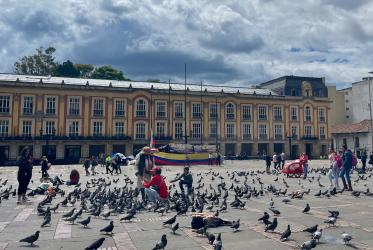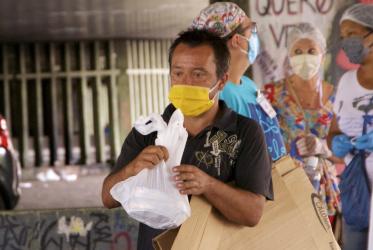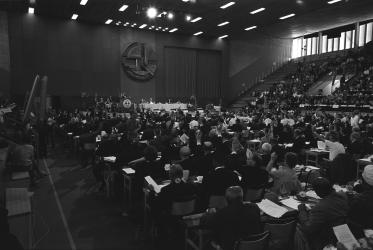Displaying 1 - 20 of 22
#WCC70: From ecumenical seeds
11 September 2018
WCC welcomes new temporary ceasefire in Colombia
06 September 2017
WCC congratulates Nobel Peace Prize laureate
07 October 2016
WCC mourns the death of Juan Abelardo Schvindt
24 August 2016
New Executive Committee members elected in Trondheim
28 June 2016
WCC mourns the death of Leopoldo Niilus
10 February 2015
WCC calls for protection of church leaders in Colombia
30 January 2015
Human rights defender Charles Harper honoured by Argentinian government
19 September 2014
WCC commission leadership selected
13 August 2014












